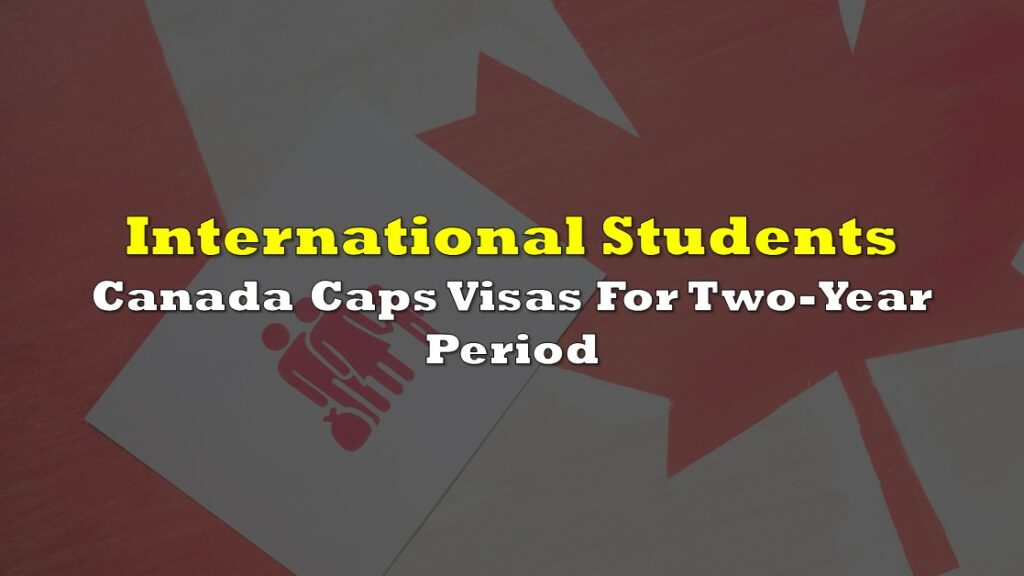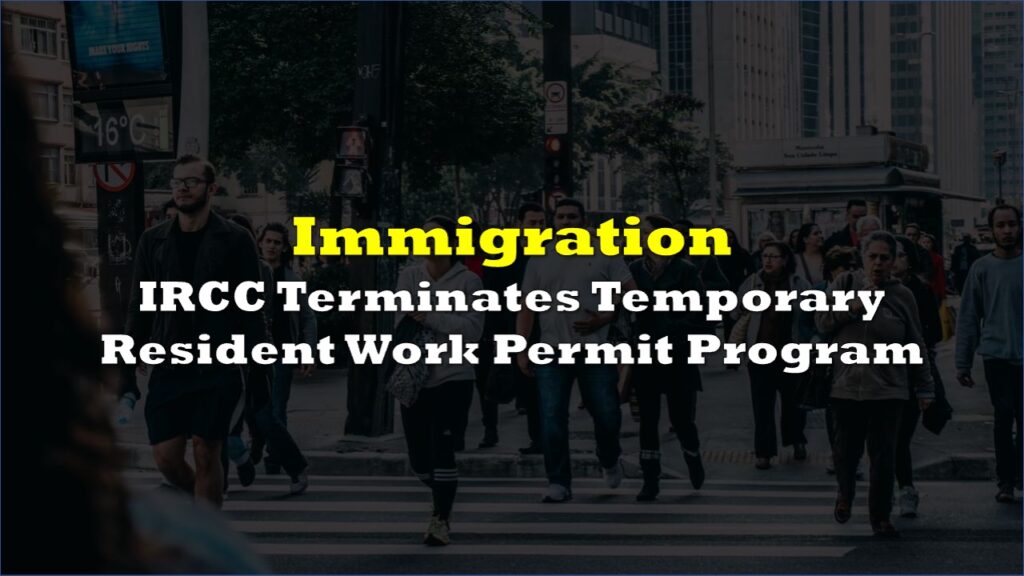A recent UN report strongly criticized Canada’s Temporary Foreign Worker Program, describing it as “a breeding ground for contemporary forms of slavery.” The report, authored by Tomoya Obokata, the UN Special Rapporteur on contemporary forms of slavery, was presented to the UN Human Rights Council following his visit to Canada in late 2023.
Obokata, who is also a professor of international human rights law at the University of York in Britain, visited Ottawa, Moncton, Montreal, Toronto, and Vancouver on his fact-finding tour. His final report, dated July 22, reaffirms and expands upon his initial impressions expressed last year.
The report is particularly critical of the program’s structure, stating that it “institutionalizes asymmetries of power that favour employers and prevent workers from exercising their rights.” Obokata highlights that workers’ migration status depends on employer-specific, closed work permits, creating significant power imbalances.
“The special rapporteur received reports of underpayment and wage theft, physical, emotional and verbal abuse, excessive work hours, limited breaks, extracontractual work, uncompensated managerial duties, lack of personal protective equipment, including in hazardous conditions, confiscation of documents and arbitrary reductions of working hours,” the report states. It also notes that women reported sexual harassment, exploitation, and abuse.
The program’s scrutiny comes amid a sharp increase in its low-wage stream. During the first quarter of 2024, employers received approval to hire 28,730 people through this stream, a 25% increase from the previous year.
In response, Employment Minister Randy Boissonnault announced plans to restrict the program’s use, including applying “stricter and more rigorous oversight.” The government is also considering rule changes to prevent certain employers from using the program.
The report addresses other issues, including the ongoing impacts of colonization on Indigenous peoples, challenges faced by sex workers, and concerns about the treatment of prisoners and persons with disabilities.
Obokata concludes by urging Canada to move beyond acknowledging these challenges and towards implementing meaningful remedial actions, emphasizing the need for a “survivor-centred, human rights-based approach” to addressing contemporary forms of slavery.
In June, a study recommended that the program should be abolished and that that all migrant workers be granted permanent residency upon arrival instead.
Titled “Permanent Jobs, Temporary People: Temporary Foreign Workers’ Struggle for Permanent Residency in Prince Edward Island” by researchers from Dalhousie University, St. Thomas University, the Cooper Institute, and the Madhu Verma Migrant Justice Centre, the report highlighted numerous systemic issues, including the power imbalance and the workers’ fear that if they report abusive conditions, they risk not being rehired the following season.
Eliza MacLauchlan, the lead author of the report, emphasized that granting permanent residency upon arrival could solve many of these issues. “Most of these problems wouldn’t exist if workers were given permanent residency from the start,” MacLauchlan said.
Information for this story was found via the sources and companies mentioned. The author has no securities or affiliations related to the organizations discussed. Not a recommendation to buy or sell. Always do additional research and consult a professional before purchasing a security. The author holds no licenses.









